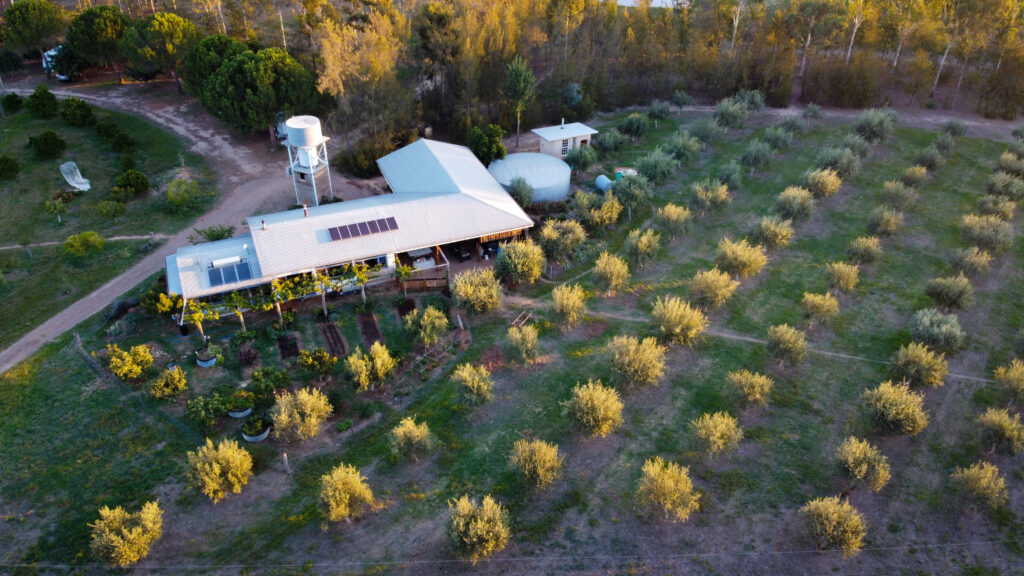
We spend most of our free time trying to learn as much as we can about permaculture through reading books, watching videos, listening to podcasts and attending workshops. However there’s always going to be a limit on how much you can actually learn without getting your hands dirty. So that’s precisely what we decided to do in March.
COVID-19, for all its devastating impacts, presented us with an opportunity. We found ourselves suddenly unemployed, and rather than isolate at home, bound within our 600sq metre patch, we decided to head off on a permaculture farm stay. We had always planned to do a few months farm work before we buy our own place – the COVID-19 pandemic just changed the timing up for us. It’s actually worked out really well, because we’ve learned things now that will shape our planning for our own place.
We’re currently living and working at Murrnong Farm, an 8 hectare self-reliant homestead/farm in Violet Town, northern central Victoria, with our wonderful hosts David and Cecilia. David is a permaculture designer, educator and consultant, and Cecilia is the veggie garden extraordinaire, chook whisperer and expert cheese maker. We attended a farm tour at Murrnong last year on our way home from the Off Grid Living Festival, and decided it would be the perfect place for us to come and learn all about permaculture.
By the time we leave the farm, we will have been here for 7 weeks. In that time, we’ve learned skills and picked up so many random tips and tricks that we would never have learned in books. Eventually we would have learned these things through trial and error, but it’s nice knowing we have a bit of a head start so we can get stuck straight into different mistakes through our own experience. For people like us literally starting from scratch, with no family background in farming or permaculture, the breadth of experience we’re gaining on the farm is invaluable.
For those unfamiliar with the work away concept, it’s basically a work exchange where you volunteer your time in exchange for something, usually skills and knowledge. In exchange for our work on the farm, not only are we being accommodated and fed, we’re learning real permaculture skills through on-farm experience. It’s a win-win – the hosts are able to get some assistance with the many and varied projects and tasks that need to be done, and the workers learn hands-on skills that they may not otherwise have the opportunity to learn. Below are some highlights from our stay at Murrnong.
Permaculture design
This is the big one for us. We’re yet to actually complete a PDC, but we’ve been learning about permaculture through books, magazines, online content and short workshops and courses. Working on the farm, however, we’ve been able to experience what permaculture design looks like in action. David takes the time to explain his farm design rationale to us – for example, why are these specific trees planted here? How does this floodplain impact the broader landscape? With some seriously heavy autumn rains, we’ve seen how water moves through this landscape, how it’s caught and stored for later. The dam has filled in a matter of days right before our eyes – given our concern about the climate change future and likely water scarcity we’ll face, it’s been invaluable for us to learn about water catchment and storage – something we simply can’t observe at this scale on our small suburban block.
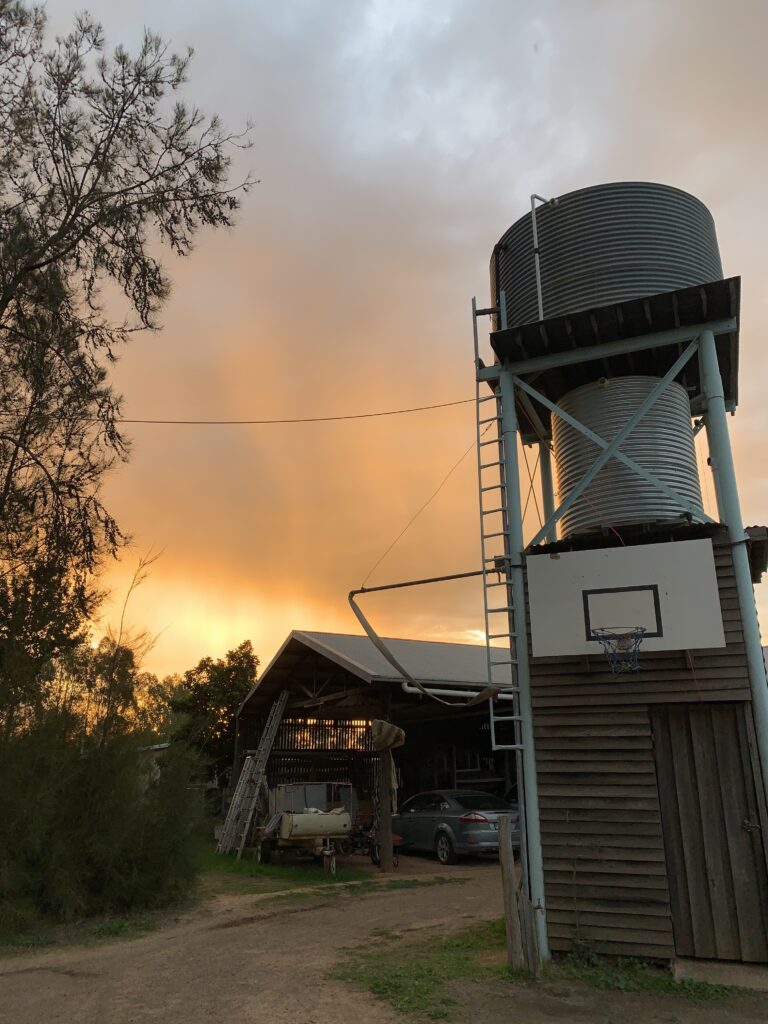
Animals
Murrnong is home to 3 adult milking goats and 3 kids, around 15-20 laying hens at any one time, Jimi the cat, and many thousand bees. We’ve been the caretakers for the goats during our stay, which means milking morning and evening, shepherding, and rotating them around the property every couple of hours to allow them to graze different areas. As the goats move throughout the property, they fertilise the soil and keep the grass short. They live a happy life with lots of pats and scratches, and in return we get more milk than we know what to do with. We’ve harvested and pressed honey from the bees, and the chooks of course give us eggs and help with pest control in the garden.
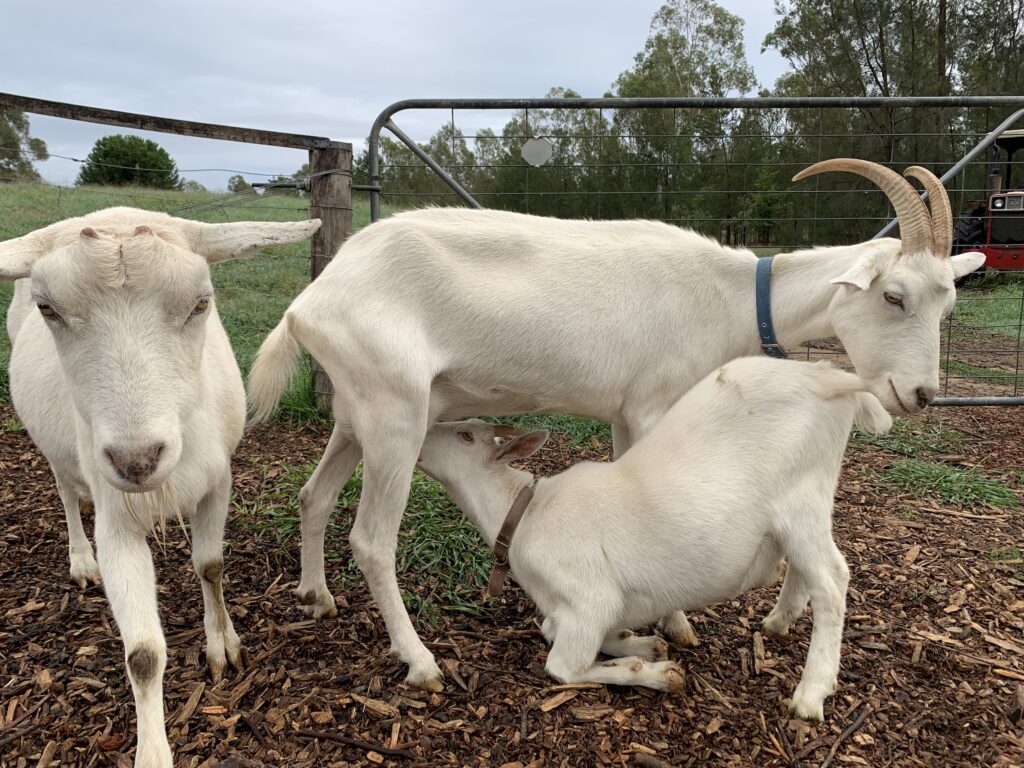
Getting this hands on experience with the goats, bees and chickens has given us the confidence to bring these into our system. Whilst the goats will have to wait until we get a farm, we’ll be getting chooks and bees when we get home to Melbourne.
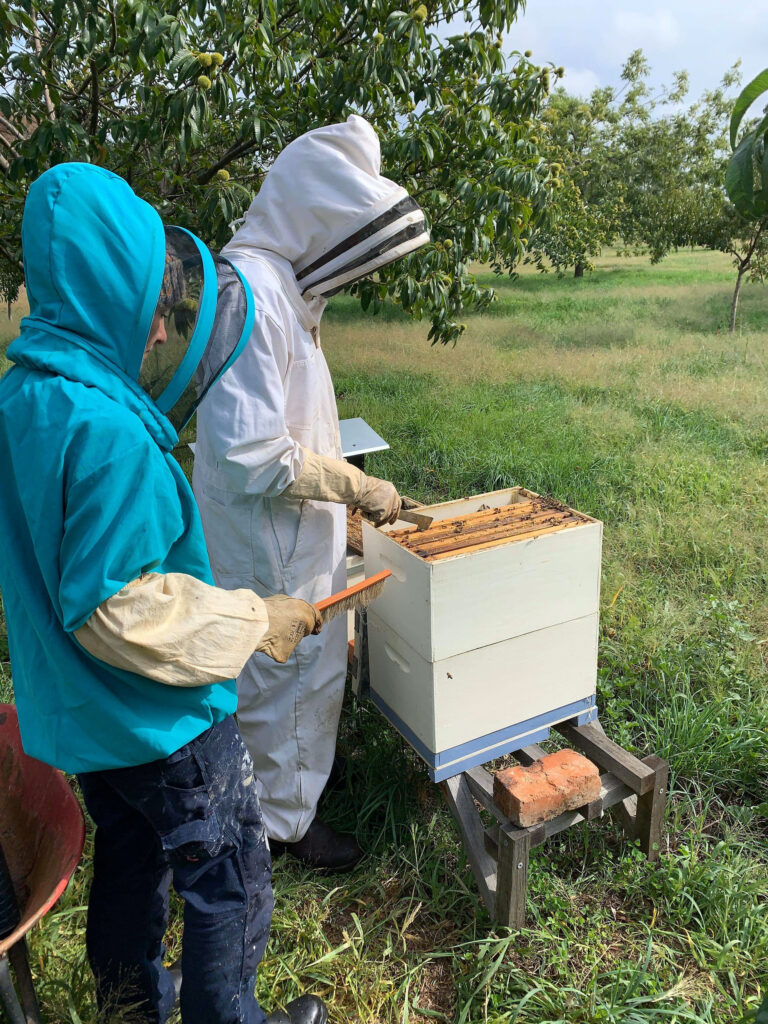
Collecting frames from the hive 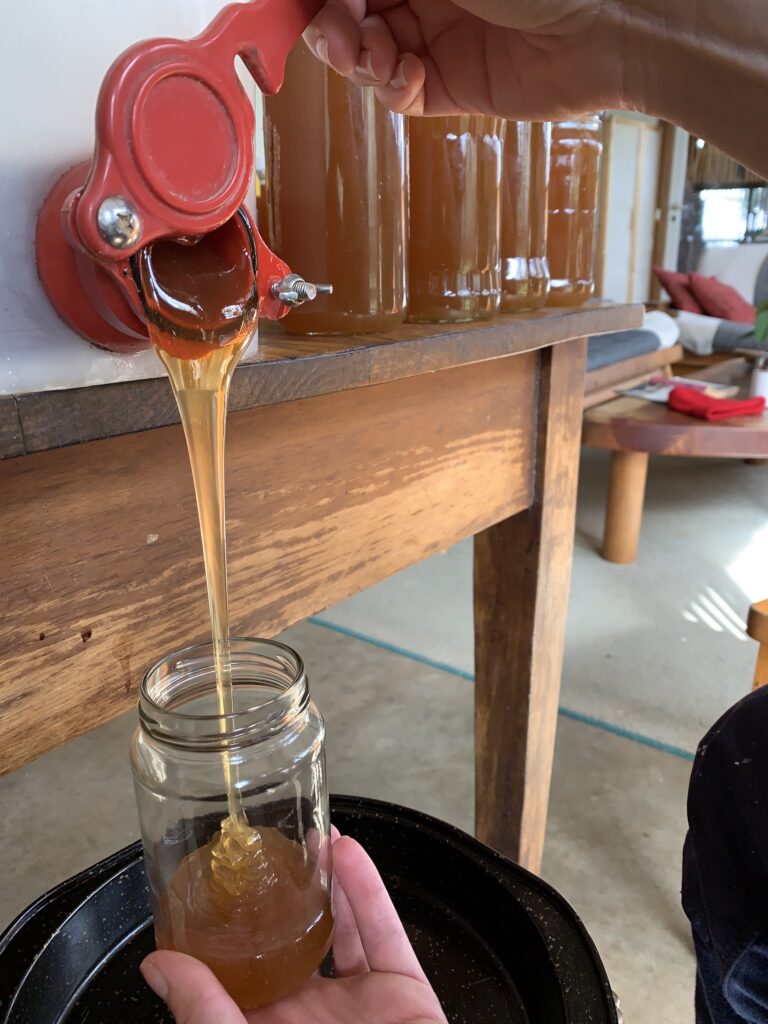
Bottling pressed honey 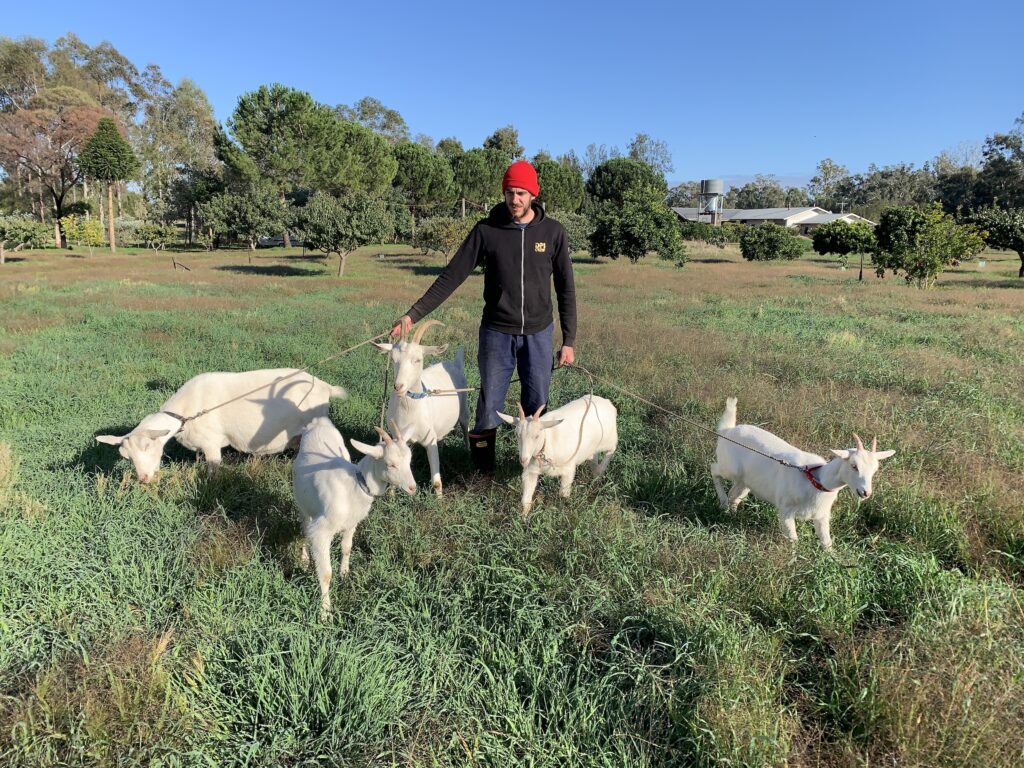
Shepherding goats
Food
When you produce all your own fresh produce, your garden is the supermarket. This has been a game changer for us. Living in suburbia, even though we grow a bunch of food in our garden, we would still look up recipes to use up the produce, and fill the recipe gaps with stuff we buy at the farmers market. I’ve never felt very at home in the kitchen, and following a recipe has always felt safe. But Cecilia has shown us that simply “shopping” in the garden for whatever is ready to be harvested, prepared with some bulk staples, produces wonderfully delicious, nutritious meals. We over-complicate things by constantly seeking out recipes and shopping to fill the gaps. With bulk staples on hand like rice, beans and flour, and a well-stocked spice cupboard, the opportunities to prepare entire meals from our garden are endless.
Orchard and Olive Grove
Murrnong has several hundred fruit, nut, and olive trees. The diversity of the orchard is incredible – several varieties each of everything from pears, apples, citrus and persimmons, to quince, pecans, chestnuts and loads more. With such an abundance of fruit comes the need to be able to store it for the winter. We’ve been making jams and preserves at home, but have definitely levelled up our preserving game since being here. We’ve also learned we can use far less sugar in jam than the recipes recommend, so now we feel less guilty about jam!
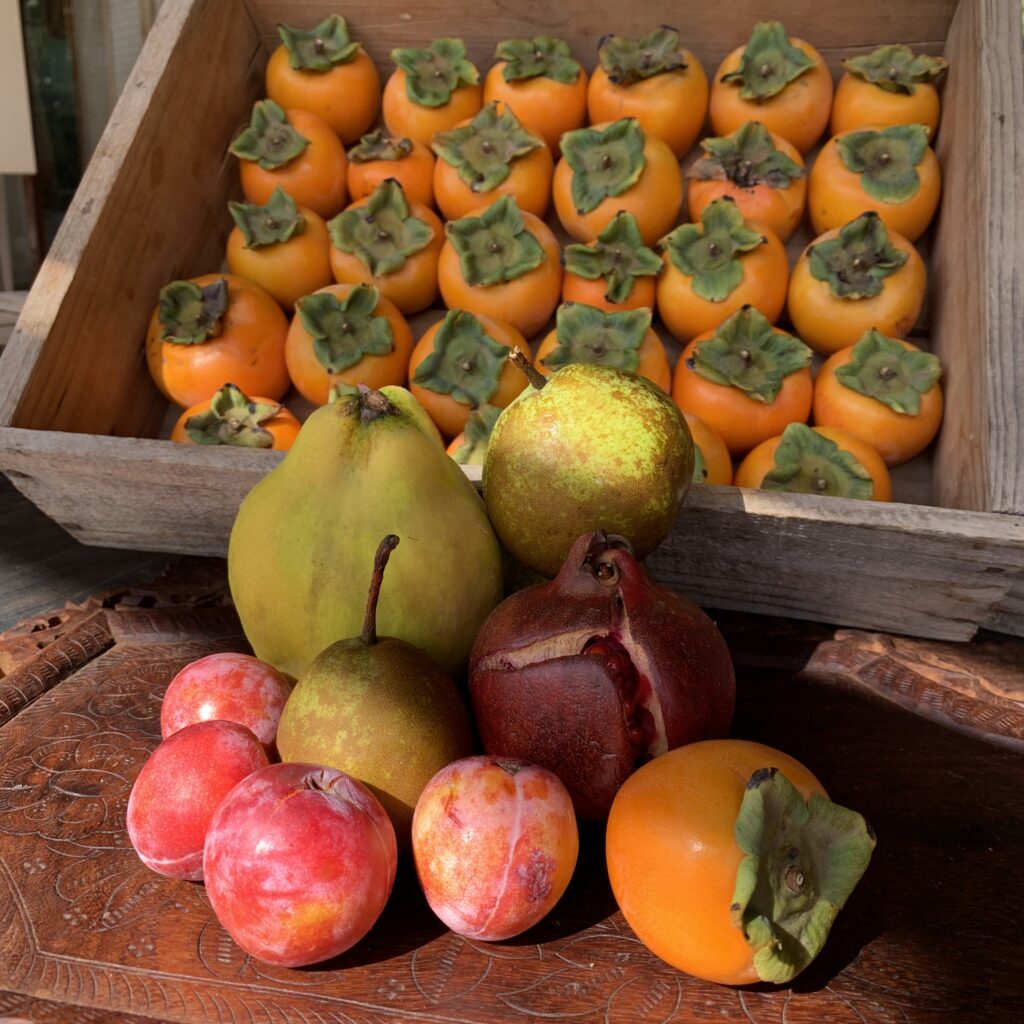
We finished the olive harvest last week, which went to the press and produced the most delicious olive oil I’ve had. Whilst we wouldn’t bother with pressing oil from the few trees we would have on our property (it wouldn’t be worth it), we’re definitely keen to get a few olive trees in the ground to make our own table olives.
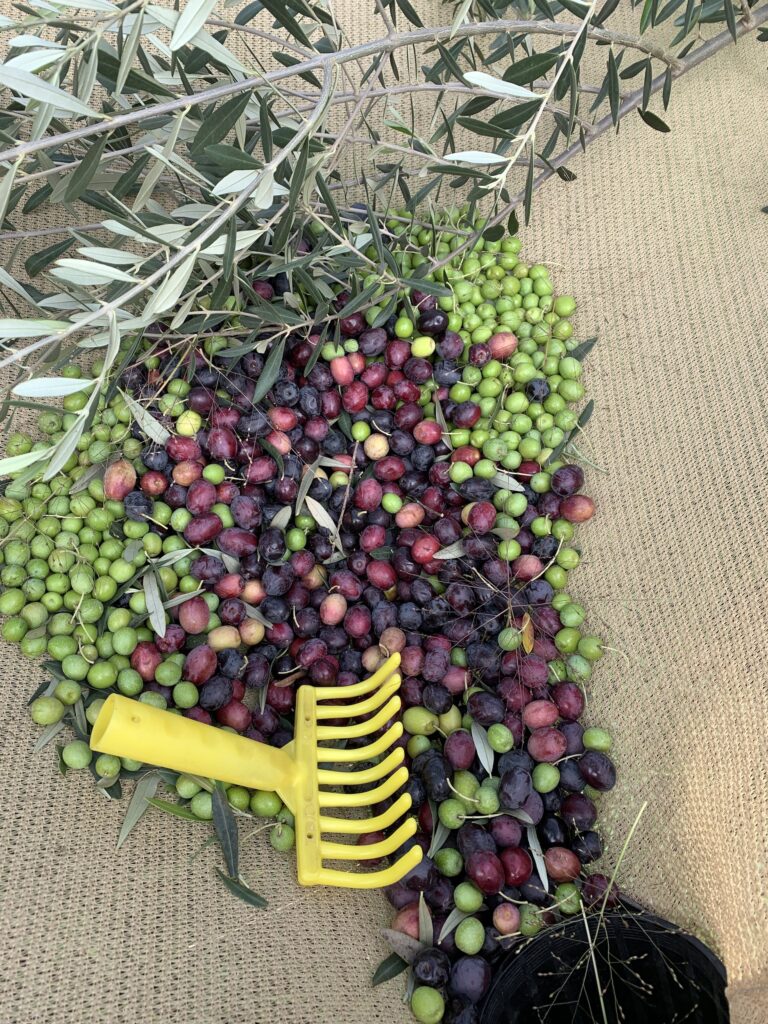
Farm life
This has been our first experience of actually living farm life – and we love it! In hindsight, we should have planned all along to get this experience early in our journey – it has shaped the way we’re thinking about our future, and had we have waited until just before we invest in our own place, we may have wasted unnecessary time over the next couple of years on things that aren’t relevant to us. So in that regard, we’re grateful to have ended up in this situation by circumstances outside our control. COVID-19 has also reinforced for us why we are on the path we’re on – it’s an affirmation that we’re on the right track, and a lifestyle based around community, self-sufficiency, and regenerative land management is good for us, and good for the planet.
Links
Murrnong Farm – check out murrnong.com and instagram @murrnongfarm
Off Grid Living Festival – was unfortunately cancelled this year due to COVID-19 but will be back in 2021.
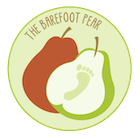

I loved reading about your journey so far Rhianna, looking to meeting you in Ballarat.
Thanks Kaye, same here, we’ll see you soon!